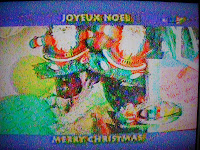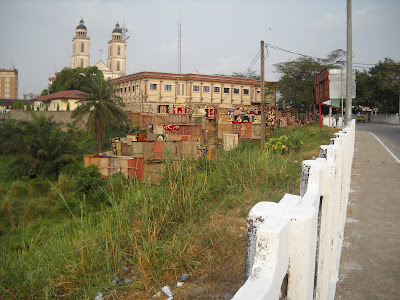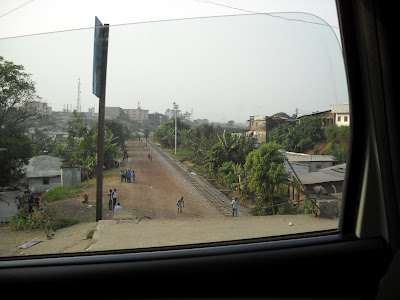 This is the year Kodak file for bankrupcy protection. Like a once-rich family in decline, it has to sell off its many patents to survive bankrupcy. I remember those years before I got my first digital camera. Going on a trip would mean packing the SLR camera, rolls of film and the cmaera cleaning kit. When you are clearing security, you worried if the X-ray machine would expose the film, even though the sign on the machine says it wouldn't.
This is the year Kodak file for bankrupcy protection. Like a once-rich family in decline, it has to sell off its many patents to survive bankrupcy. I remember those years before I got my first digital camera. Going on a trip would mean packing the SLR camera, rolls of film and the cmaera cleaning kit. When you are clearing security, you worried if the X-ray machine would expose the film, even though the sign on the machine says it wouldn't.When taking a picture, you wouldn't know how the picture would turn out. So every frame on the film was precious, you got to get all the focusing and apertune and shutter speed right. Then you got to get the rolls of exposed film safely home. If it's a long trip, that could be quite a few rolls. And when you got home, you eagerly wait for the pictures to come back from the processing shop. Things sure are a lot different in these days of digital camera.
Back in 2004, when I was still in my "analogue years" (those years of film camera), I took one of my longest trip. An 'operation' involving all sea-land-and-air transport. Flying into Hanoi, I took the Reunification Express down the lenght of Vietnam to Ho Ch Minh. From HCMC, I took a boat trip down the Mekong to the Mekong Delta. I then followed the Mekong into Cambodia, and a bus took us all the way to Phnom Penh and then Siem Riep.
It was during the Mekong Delta trip when we stop for a night in a small town of Châu Đốc. The hotel back then had no airconditioning, a mosquito net hang over my bed, and the was no TV. With nothing to do after dinner, I went for a stroll on the street. While taking a picture of a street paddler selling inflated rubber toys from his bicycle, I was approached by two young Vietnamese kids: a teenage boy and a girl.
 They asked if I am a foreigner (my camera and my glasses probably gave me away), and wanted to practise their English with me. As with teenagers of their age (I knew later that they were then both 14), the boy was more shy than the girl. The girl was articulated and was asking most of the questions. At the end of our little English 'sparing session', I took a picture of Lan and Tan on their bicycle (then still the people's choice for transport.)
They asked if I am a foreigner (my camera and my glasses probably gave me away), and wanted to practise their English with me. As with teenagers of their age (I knew later that they were then both 14), the boy was more shy than the girl. The girl was articulated and was asking most of the questions. At the end of our little English 'sparing session', I took a picture of Lan and Tan on their bicycle (then still the people's choice for transport.)Those were the analogue years, but there was already hotmail then. We exchanged email addresses and parted ways. Over the years, we chatted on YM, and always talked about meeting up. But never did. Then along came budget airlines...and Facebook, and opportunity presented itself this week. And I was once again back in HCMC and the Mekong delta.
 Lan is now a university student in HCMC and Tan, a medical student in the Mekong delta city of Can Tho.
Lan is now a university student in HCMC and Tan, a medical student in the Mekong delta city of Can Tho.And so with this trip, and a recently-purchased photo scanner, begins The Analogue Years blogs.























































